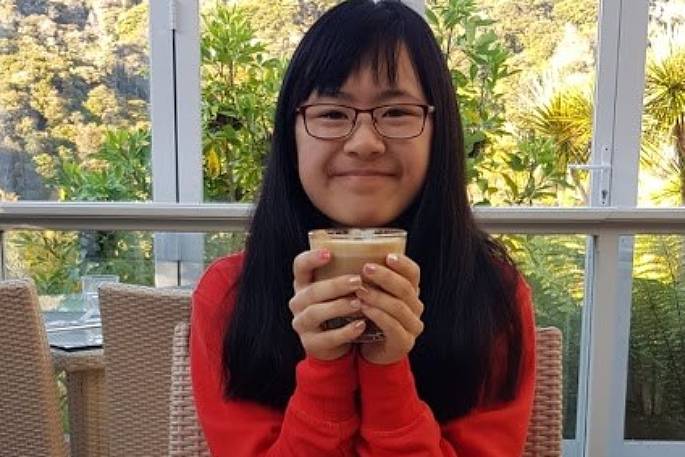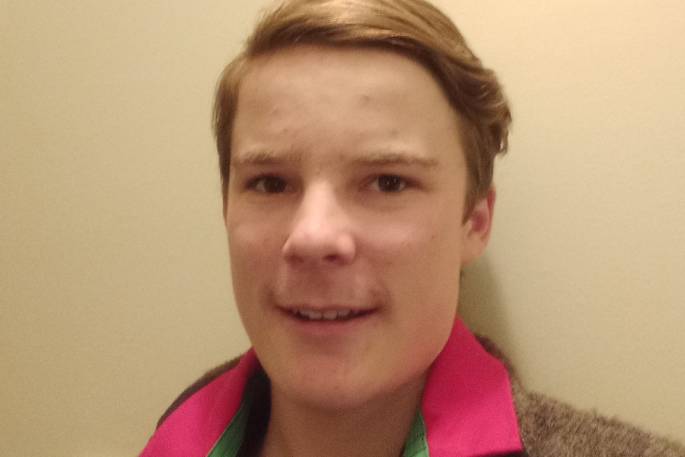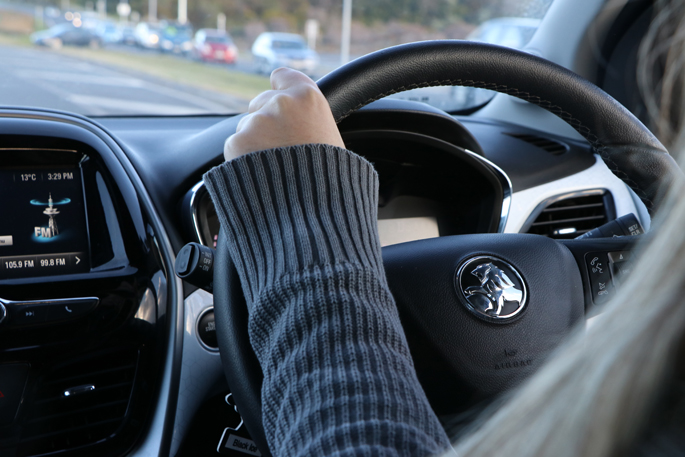SADD students - Students Against Dangerous Driving - is calling on all communities to collectively do more to change behaviours that may lead to fatalities.
Young people are leading the discussion to increase community input, keeping our rangatahi safe and to reduce the number of people killed or seriously injured on our roads.
Recent months have seen incidents of crashed vehicles with multiple young occupants including a crash in Timaru tragically resulting in five fatalities.
Every life lost on our roads is a tragedy especially if it was preventable. Nine people lost their lives during the first weeks of last month's lockdown.
Changes to routines affects us all, but it also affecting drivers and their ability to make safe decisions. SADD has embraced uncertainty by expanding its September campaign beyond this month to SAFER (Student Advocates For Everyone's Road Safety): Spring into Summer. Learn more here.
Around the world, countries are reporting increasing levels of risky driving behaviour at times when there are less vehicles on the road.
Speeding, coupled with other factors such as not wearing restraints for both driver and passengers and breaching licence conditions, especially restricted licence holders, is becoming a recipe for disaster.
SADD asks everyone to imagine a New Zealand where no one is killed or seriously injured on our roads (a Vision Zero approach).
Most crashes are preventable. It will take effort from all road users to achieve the goal that all our community ‘make it home' safely.
Through 2021, SADD students have been consulting with their school mates. The feedback has been alarming with the most common topic of discussion being breaches of restricted licences including carrying passengers – in some cases more than a car load.
Waka Kotahi (NZ Transport Agency) is improving road infrastructures, safety mechanisms, and working with councils to lower speeds. Police officers are out on the roads deterring unsafe driving behaviour, but everyone can do more.
'No Police officer wants to tell a parent their child has been hurt or killed in a crash,” says Superintendent Steve Greally, Director of Road Policing.
'We want everyone to arrive alive so drive to the conditions and don't speed, always wear your seatbelt, put your phone away so you aren't distracted and never drive after drinking or using drugs.
'Policing our roads alone cannot achieve the significant changes needed to prevent death and serious injury on our roads. It's fantastic to see SADD working with young people to change unsafe behaviour. Road safety is everyone's responsibility.”
SADD is loudly voicing its call to action.
The organisation says it's the little things we can do as a nation to improve road safety outcomes that will add up in the end. SADD's SAFER campaign focuses communities on embedding good decision making and behavioural change, for peers and parents to openly discuss what a good decision is.
"Our students tell us that most young people on a restricted licence will breach their conditions by driving between 10pm to 5am which is outside the allowed hours, but the most common breach is carrying unauthorised passengers," says SADD's National Manger Donna Govorko.
"We need to be doing more to protect youth at the most at-risk time while they are learning to drive. It is absolutely a matter of life or death."
"Our campaign encourages students to find activities that start conversations on driver behaviour and to promote positive choices for safer road use within their community."
Speed:
Speed affects the severity of all crashes, says the organisation.
Even when speed doesn't cause the crash, it's what will most likely determine whether anyone is killed, injured, or walks away unharmed from that crash.
"The problem with speeding is that it's very easy to do and goes unnoticed," says Villa Maria College student Bianca Manzano.
 Bianca Manzano. Supplied photos.
Bianca Manzano. Supplied photos.
"Drivers believe that their faster speed is safe Faster speeds result in less reaction time, increasing the possibility of crashing which was preventable in the first place. So why open yourself to such a risk?"
Restricted Licences:
The restricted driver licence period is the most dangerous time for our young drivers, says SADD.
Drivers on a restricted licence are seven times more likely to be involved in a fatal or serious injury crash than other drivers.
Data also shows that young, restricted drivers are more at risk of having a serious crash in the first 6 to 12 months of driving solo on their restricted licence than at any other time in their lives.
This increased risk is partly due to driving inexperience.
"We encourage all young people, whether they are licence holders or not, to think about who they are getting into the car with. It's not just drivers with restricted licences, it's passengers too, we all have a responsibility to follow the rules and encourage our mates to do the same so that we can all stay safe," says Darfield High School student Vaughan Smart.
"Ask yourself - Does the person driving have the licence and experience to keep you as the passenger and other road users safe?"
 Vaughan Smart.
Vaughan Smart.
Restraints:
Seat belts save lives. They support you if you're in a crash or when a vehicle stops suddenly. The force on seat belts can be as much as 20 times your weight - this is how hard you'd hit the inside of your vehicle without restraint.
"Seatbelts can save a life. They show you care. By putting on your seatbelt you're fulfilling a promise to take care of yourself. By telling others to put on their seatbelts, you're fulfilling a promise to take care of them. Take care of your mates. They deserve it," says Yi-Tao Sun, yr 13 St Kevin's College student Yi-Tao Sun.
 Yi-Tao Sun.
Yi-Tao Sun.
Over the coming months and where lockdown restrictions permit, students will be running activities, working with other road safety partners like Waka Kotahi, NZ Police, Fire and Emergency, and local road safety coordinators to spread messages for all New Zealanders.
SADD is calling for more to be done in communities to raise awareness about road safety issues and encourage rangatahi to be the change makers that make a difference in leading a safer road safety culture to prevent any loss of life.



0 comments
Leave a Comment
You must be logged in to make a comment.